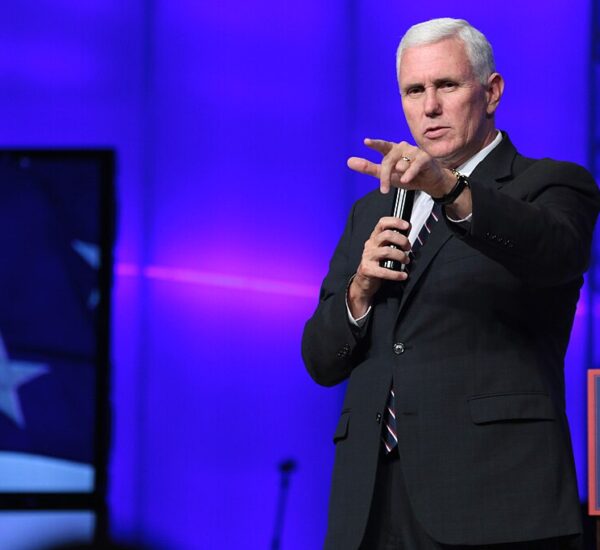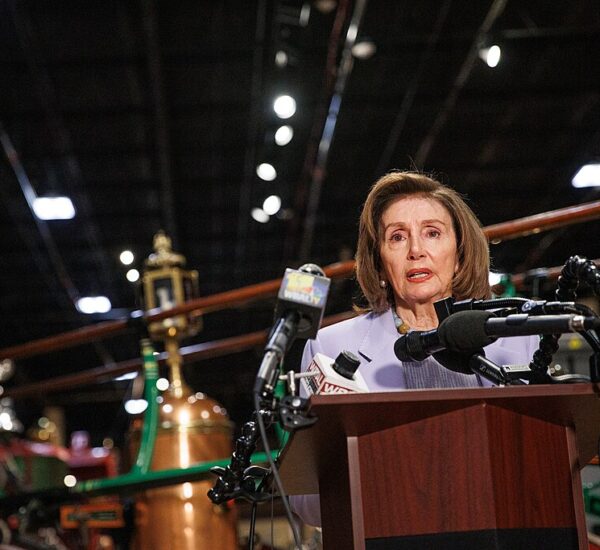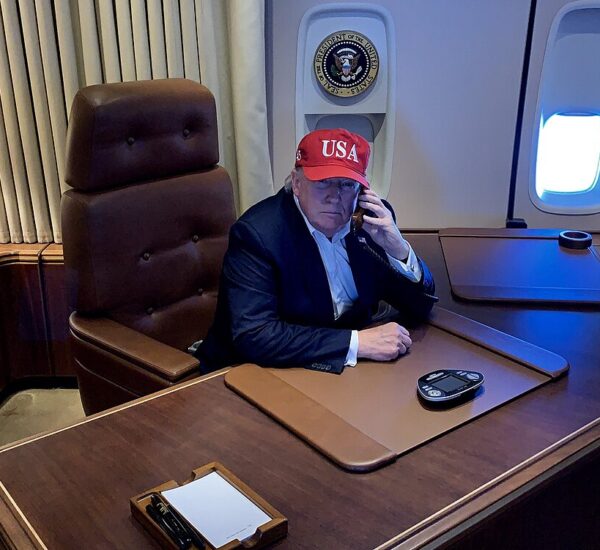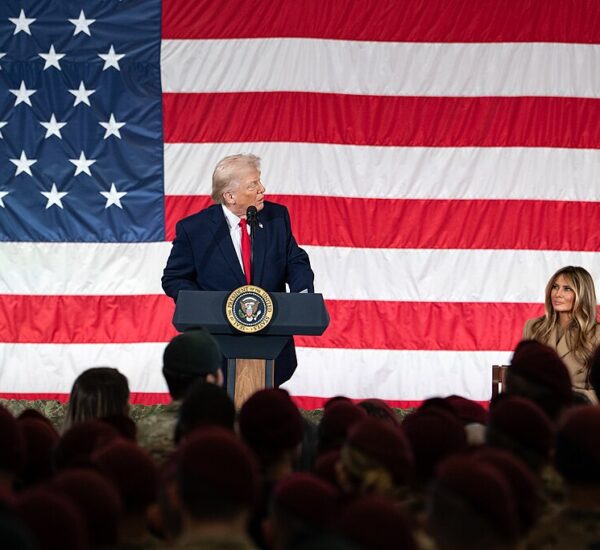Here is where they stand on issues.
Americans will soon gain a clearer understanding of where the presidential candidates stand on crucial national security and foreign policy issues. At the forefront are the conflicts in Ukraine and Gaza, alongside pressing concerns about threats from China and Iran.
Iran remains a significant point of contention between Trump and Biden. During his presidency, Trump adopted a tough stance against Iran, withdrawing from the 2015 nuclear deal in 2018. This deal had limited Tehran’s nuclear capabilities in exchange for sanctions relief. In contrast, Biden has made attempts to revive the agreement, though his efforts have so far been unsuccessful. Last year, Biden negotiated a prisoner exchange with Iran, a move Trump is likely to criticize as weakening U.S. influence abroad. After Iran’s attack on Israel in April, Trump remarked, “The great weakness that we’ve shown is unbelievable, and it would not have happened if we were in office.”
The candidates’ policies on China are also expected to be a significant focus. Both have imposed tariffs, export controls, and other economic measures against China, and will argue over whose policies are stronger and more effective. The looming threat of a Chinese invasion of Taiwan will undoubtedly add urgency to this debate. In his March State of the Union address, Biden criticized Trump’s handling of China, highlighting his administration’s efforts to strengthen Indo-Pacific alliances. “For all his tough talk on China, it never occurred to my predecessor to do any of that,” Biden stated.
NATO and global security will likely be another area of contention. Biden, during a ceremony in France commemorating the 80th anniversary of D-Day, emphasized the importance of alliances in securing freedom and democracy. Trump, on the other hand, has expressed frustration with European allies’ reliance on U.S. defense spending. Earlier this year, he threatened to withhold defense commitments from countries that do not meet their defense spending obligations, arguing that these nations have depended on the U.S. for too long without contributing their fair share.
As the debate unfolds, Americans will be watching closely to see how each candidate plans to address these complex and critical issues, which will shape the future of U.S. foreign policy and national security.







Joe retire an Kamala Impeachment
Go Trump Make america Great again
I would not want Trump doing anything. He’s a liar he’s a lowlife who doesn’t know what Morals are